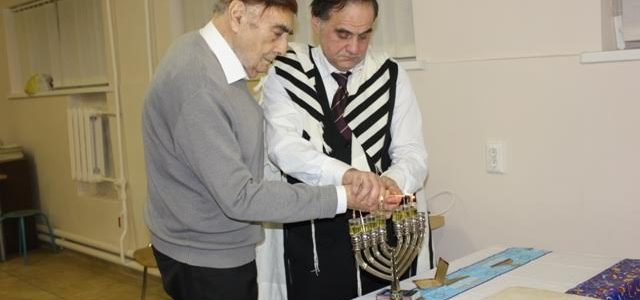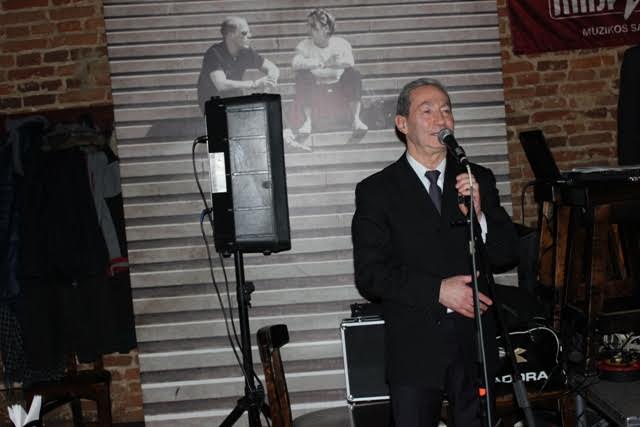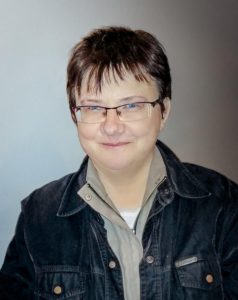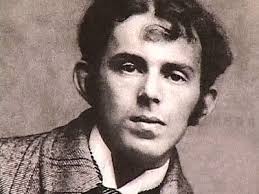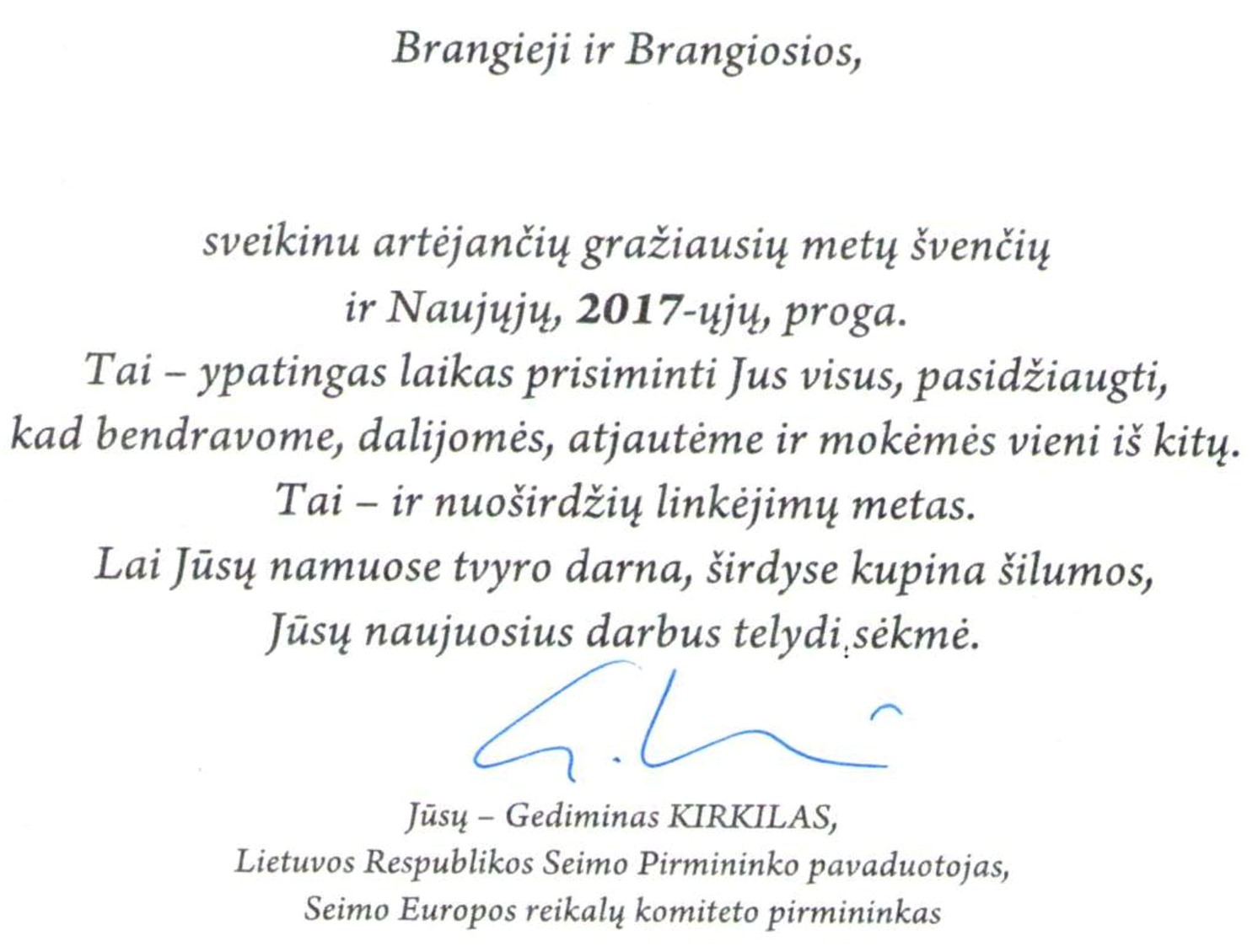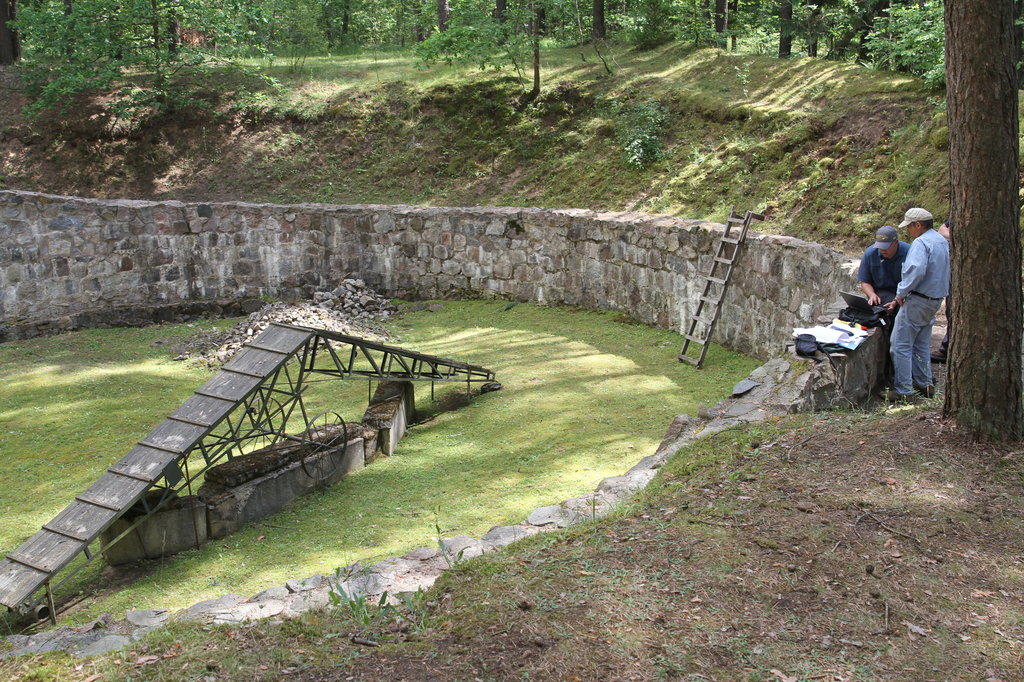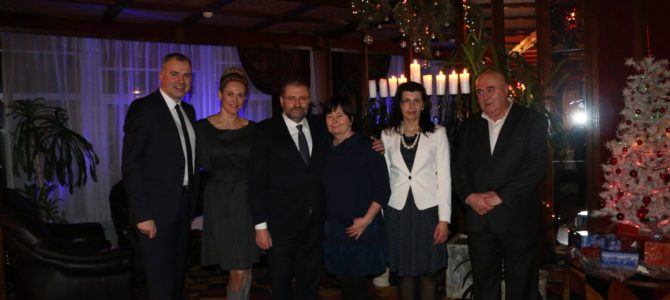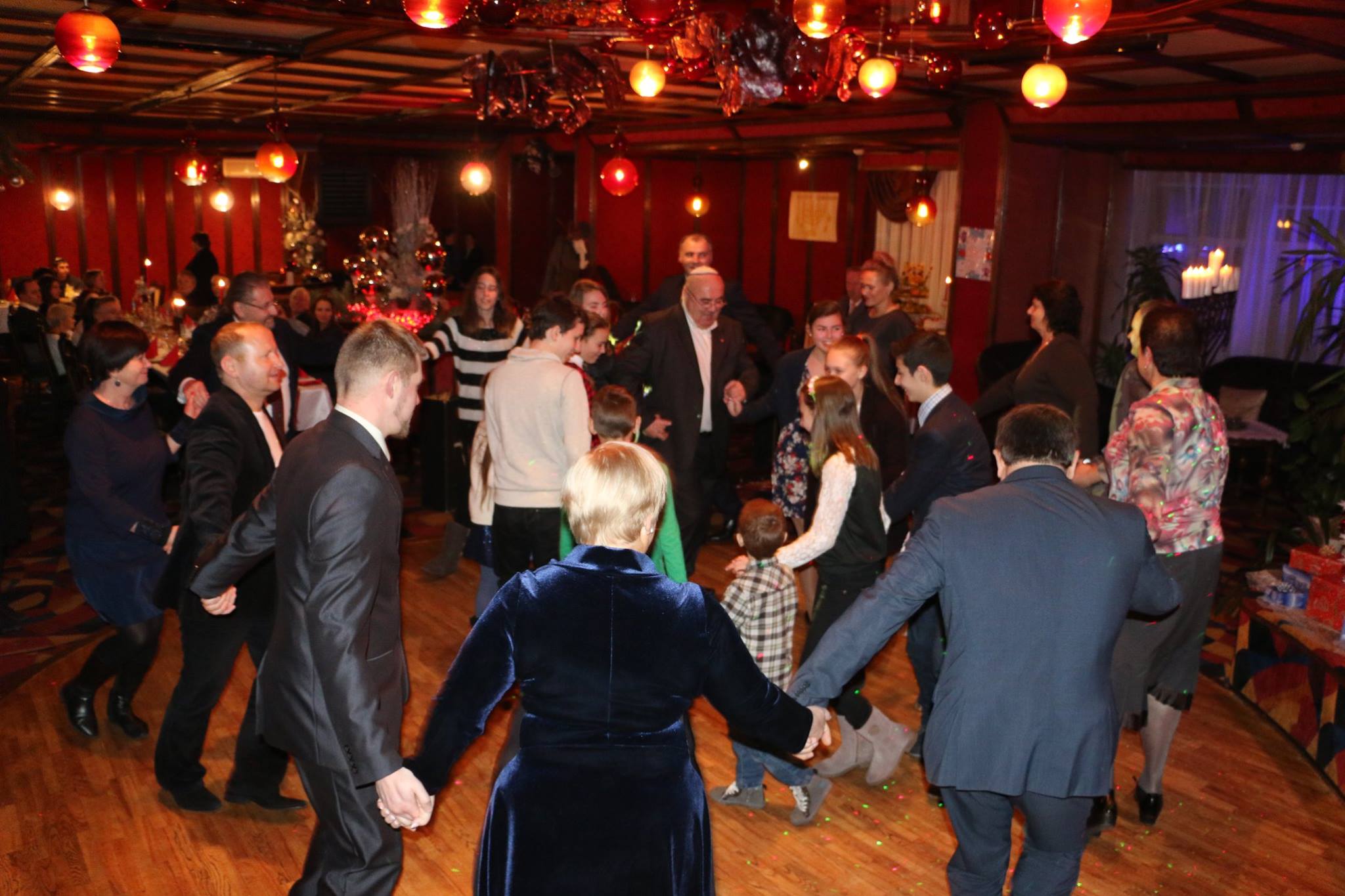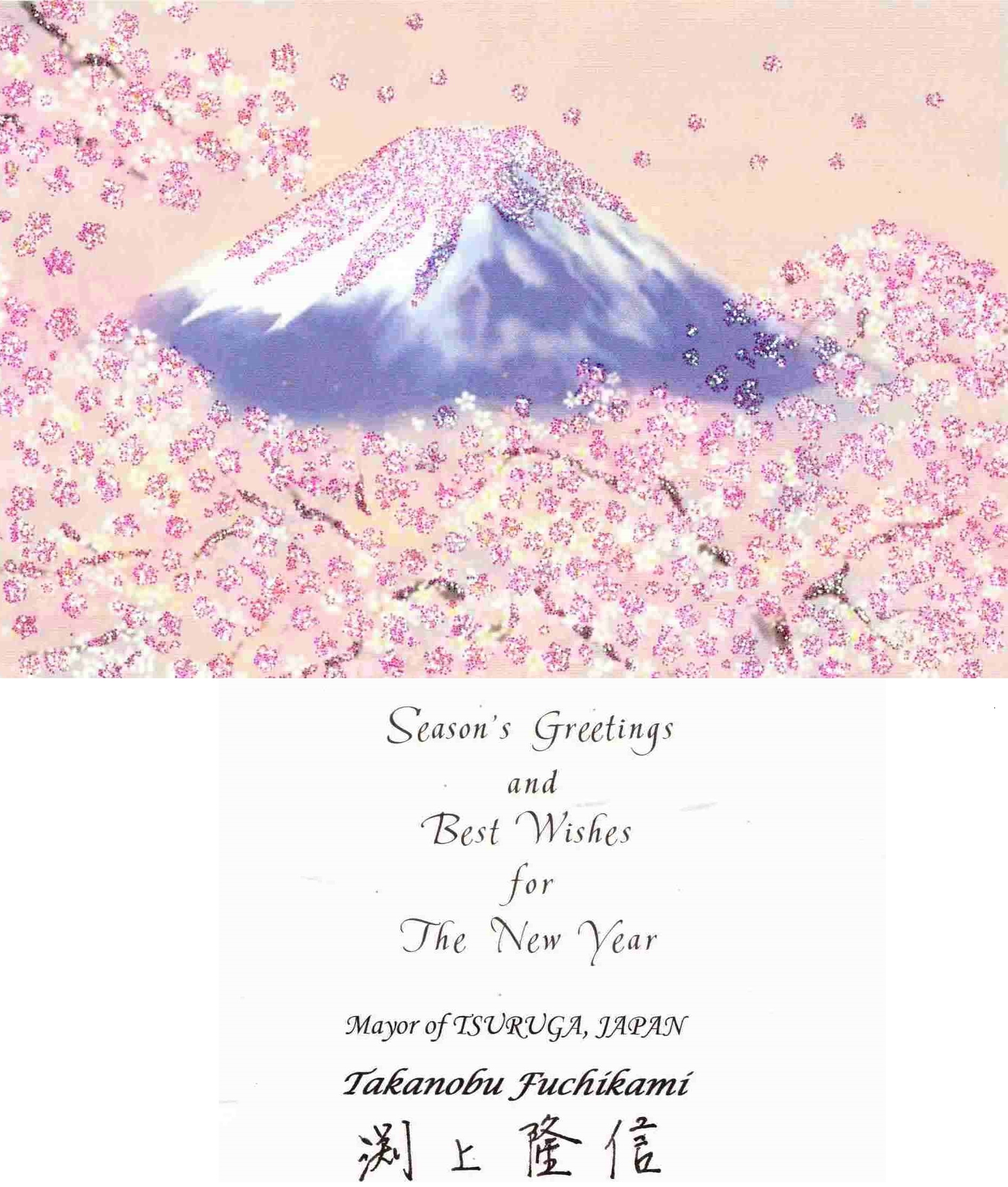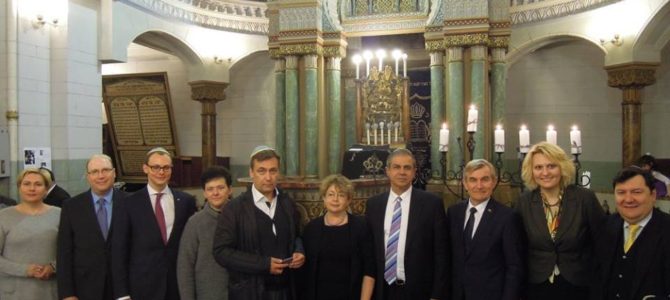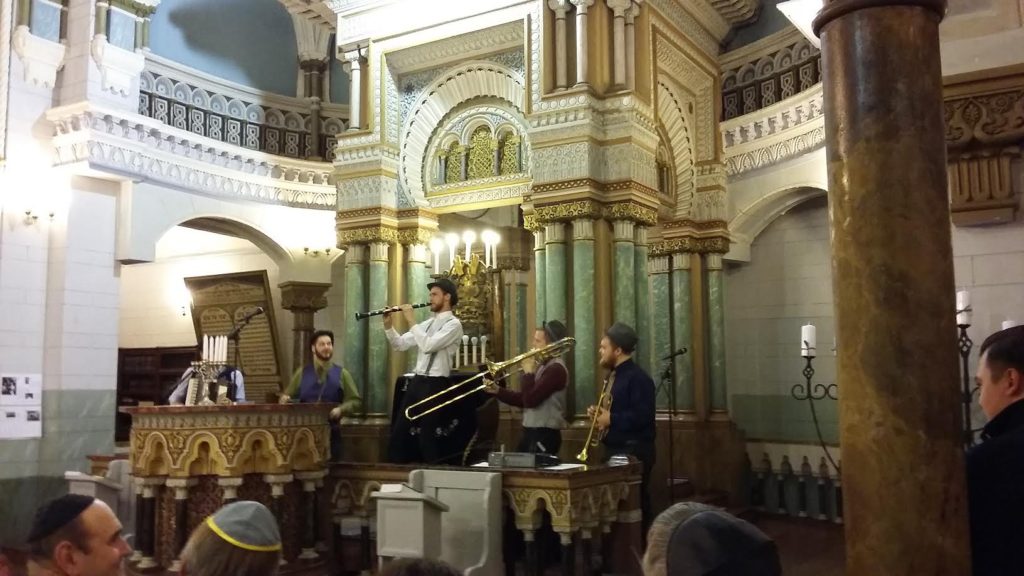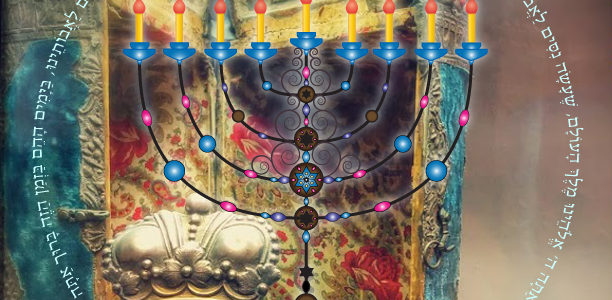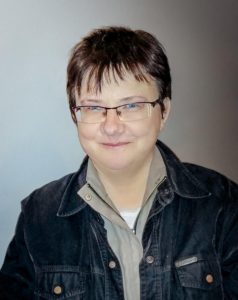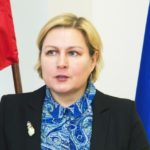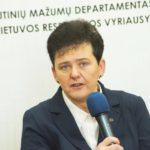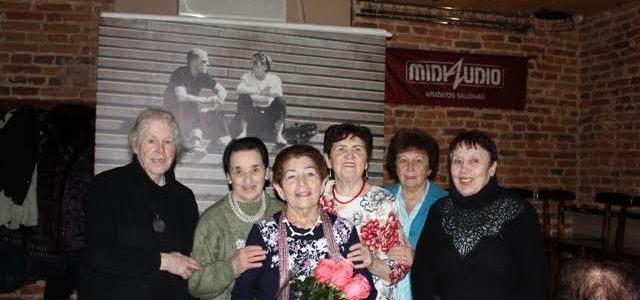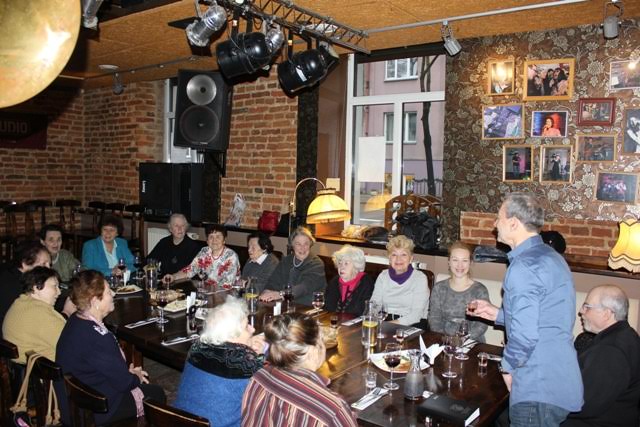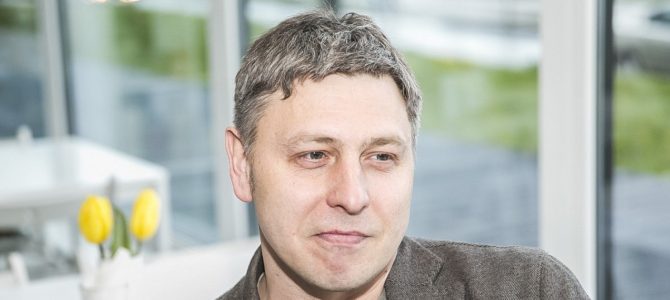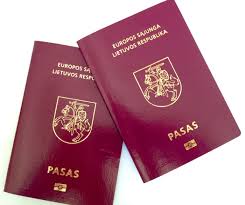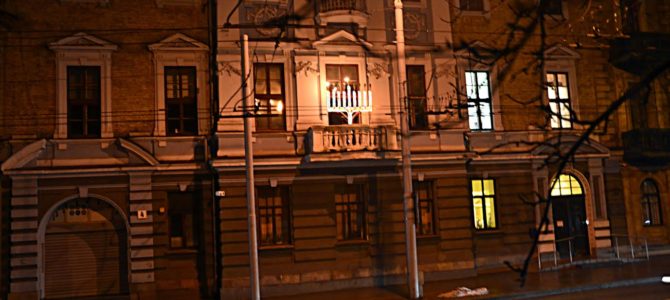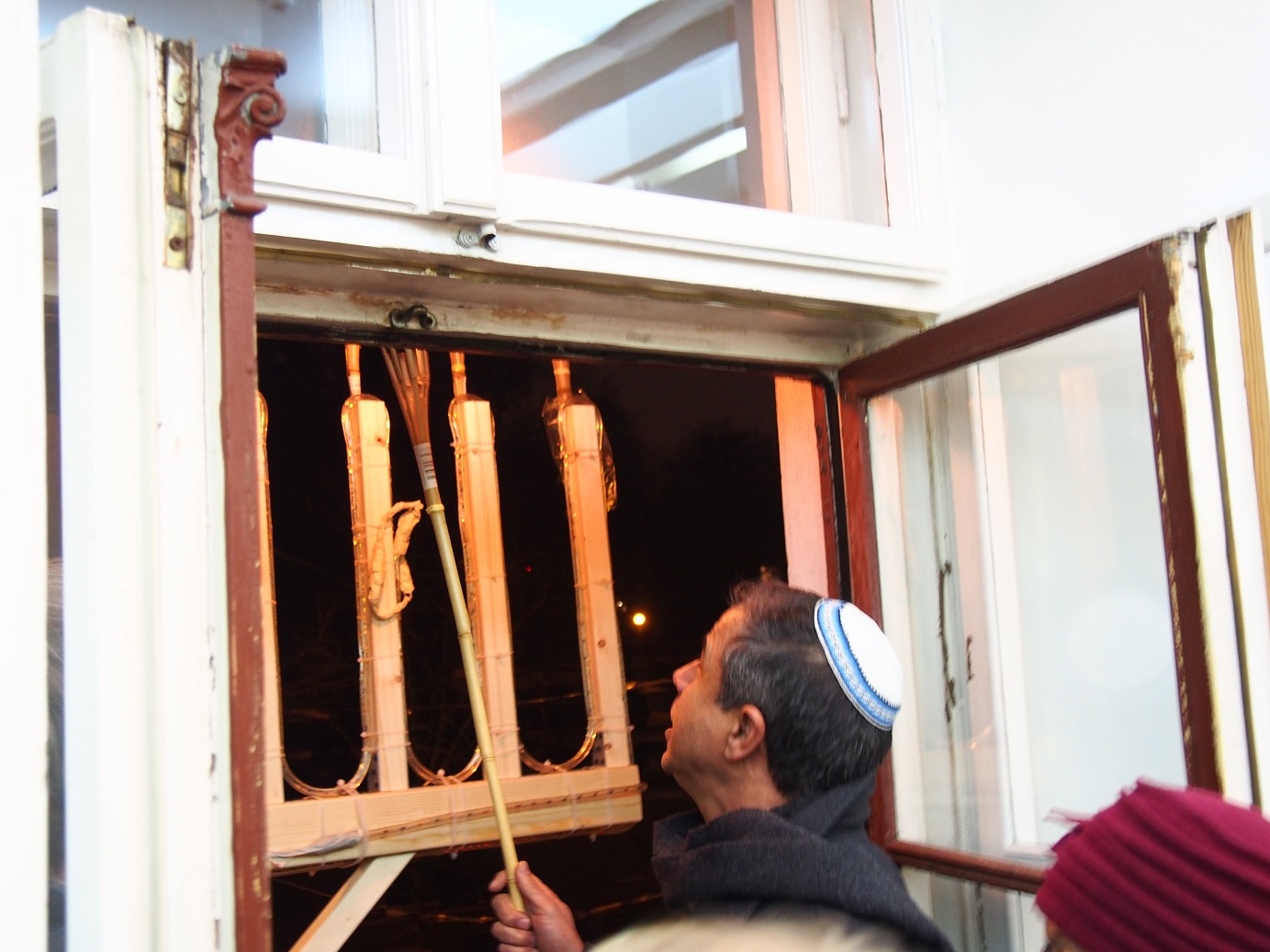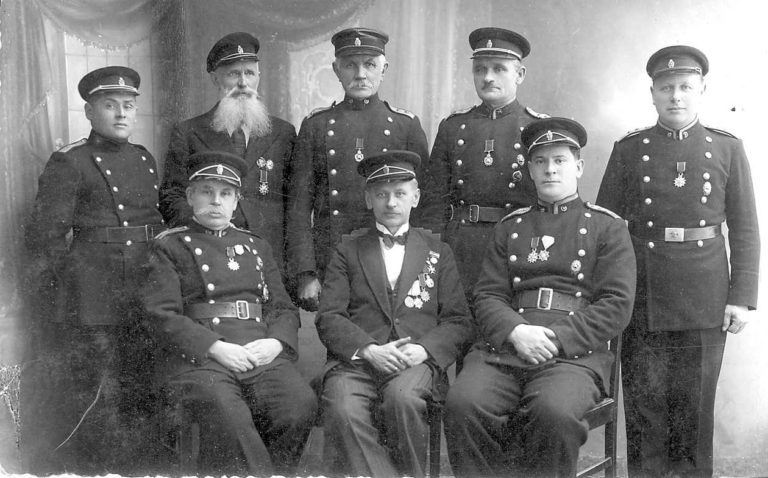
Executive board of Association of Biržai Firefighters, 1936. First person sitting on left: Boruch Michelson. Third seated from left: G. Belickas. First standing from left: S. Chaitas. Fifth from left standing: I. Masas. Photo courtesy Sėla Museum.
by Borisas Januševičius
This is a greeting among Jews. It is the wish for peace, spiritual peace and security. Lithuanian “sveikas” corresponds to “shalom aleichem,” peace to you [sic]. I heard these types of greetings often in my childhood. Parents—neighbors, Jews—of my friends (in Jewish jargon khebra: meydal and bakhur) used to use them. We also used this jargon, Kučinskų Aliukas, Kėkštų Zenka, Karpuškų Liolė and others, including me. Our chebra, our friends of darker extraction have been lying in the ground in Pakamponys for 75 years now. Their memory is fading fast into the past.
Conflicted Thoughts against the Backdrop of Noble Action
For some time now I have been watching the burgeoning interest in the Jews who lived so numerously in Biržai between the wars. Their mysterious codes are deciphered, projects are planned and carried out and the attempt is made to provide a background of international significance to this activity. The Israeli ambassador, the deputy US ambassador, Lithuania’s chief rabbi [sic], the chairwoman of the Lithuanian Jewish Community, the president of the Brooklyn Synagogue, Lithuanian members of parliament, Kaunas archbishop Lionginas Virbalas, representatives of the Jewish communities of certain cities and many others all rushed to Biržai. The men of Biržai donned Jewish “yarmulkes.” The sorrowful hymn of the cantor rang out across the Jewish cemetery. Some of the guests only then learned that there is a place called Biržai in this world with its unique Jewish and Karaite cemetery.
Unfortunately, Sheftel Melamed was not among those who turned, who used to call himself the only surviving Jew in Biržai. Melamed died more than a year ago. Sheftel and his brother went to Russia in June of 1941 and that’s how they survived. When he came to his hometown in 1945 he didn’t find his parents’ home on Vytauto street, it had burned down. Neither did he find the relatives he had left here four years earlieir. His mother Paya, his father Peisach and his brother Hirsh were shot in Pakamponys.
Full story in Lithuanian here.


